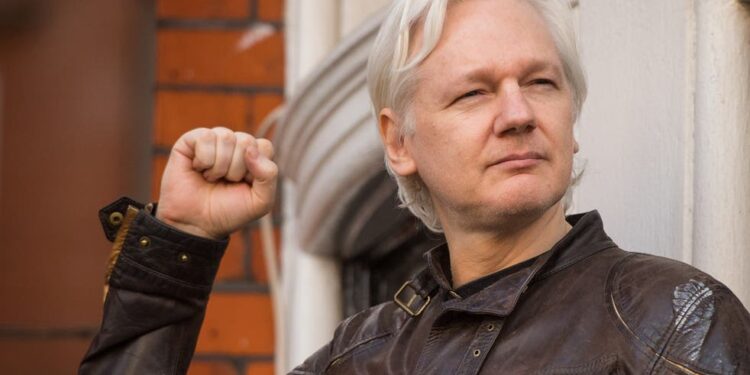By Emmanuel Nduka
A UK Court has ruled that Wikileaks founder, Julian Assange can be extradited from the UK to the US to continue his trial.
The ruling means the US won its appeal against a January UK court ruling that he could not be extradited due to concerns over his mental health.
Mr Assange is wanted in the US over the publication of thousands of classified documents between 2010 and 2011.
Senior judges had alleged that the lower judge had based her decision in the January ruling on the risk of Mr Assange being held in highly restrictive prison conditions if extradited.
However, the US authorities later gave assurances that he would not face those strictest measures unless he committed an act in the future that merited them.
While delivering the latest judgement, Lord Chief Justice Lord Burnett said: “That risk is in our judgement excluded by the assurances which are offered. It follows that we are satisfied that, if the assurances had been before the judge, she would have answered the relevant question differently”.
Reacting to the ruling, Assange’s fiancee Stella Moris, described it as “dangerous and misguided,” adding that the US assurances were “inherently unreliable”.
“For the past… two years and a half, Julian has remained in Belmarsh prison, and in fact he has been detained since 7 December 2010 in one form or another, 11 years. For how long can this go on?” Ms Moris said in an emotional statement outside the court.
Also, Wikileaks Editor-in-Chief Kristinn Hrafnsson said in a statement: “Julian’s life is once more under grave threat, and so is the right of journalists to publish material that governments and corporations find inconvenient.
“This is about the right of a free press to publish without being threatened by a bullying superpower”.
Mr Assange’s legal team, Birnberg Peirce Solicitors, said any appeal to the Supreme Court would relate to the question of assurances, rather than on issues such as free speech or “the political motivation of the US extradition request”.
Amnesty International described the ruling as a “travesty of justice” and the US assurances as “deeply flawed”.




































